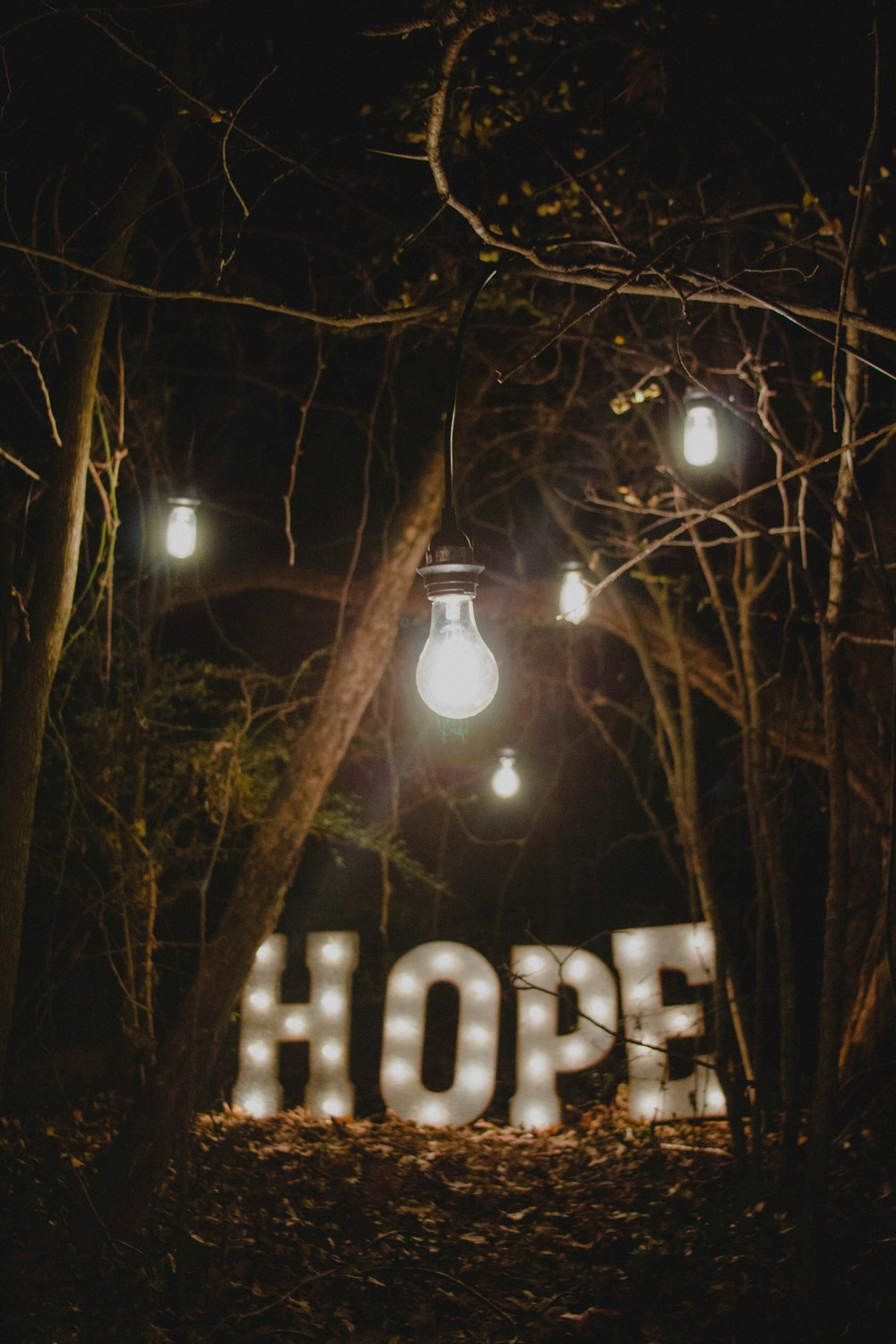Do you ever feel disillusioned with the world?
If so, you’re not alone.
Even the most resilient can fall prey to cynicism.
In the swirl of overwhelm, it’s tempting to be cynical.
Here’s what most people miss: Cynicism is not benign.
It’s an insidious creature that gradually undermines us.
Influencing our well-being, relationships, and ability to drive meaningful change. The stakes are particularly high for leaders wanting to create systemic shifts. Left unchecked, cynicism can hinder progress, sabotaging the very advancement you seek to make.
It’s important to have a critical lens but it can be hard to discern when you tipped the scales into cynicism.
Here are some guidelines to get you started:
Healthy skepticism is vital for growth.
It prompts us to seek answers, ask thoughtful questions, and challenge beliefs that no longer serve. Healthy skepticism deepens our understanding of ourselves and our world.
Harmful cynicism takes it a few steps further.
It causes us to lose faith, become jaded, and disengage. Negative thoughts and behavior prevent us from experiencing new opportunities.
How can we discern between skepticism and cynicism?
It starts with our intentions.
Healthy skepticism comes from:
• Growth
• Curiosity
• Seeking truth
Harmful cynicism arises from:
• Fear
• Doubt
• Negativity
By examining our motives, we keep ourselves aligned.
***
Unfortunately, cynicism is everywhere.
And many of us have experienced deep hurt that could justify a cynical worldview. But here’s what we forget:
Cynicism perpetuates the cycle of negativity.
When we’re cynical, we unintentionally create situations that confirm our negative beliefs. We close off from new experiences, and we miss the possibility for change.
Let’s be clear: This isn’t toxic positivity or spiritual bypassing.
Ignoring the world’s harsh realities is unhelpful, and pretending everything is rainbows is downright hurtful. But rather than feel defeated, we can choose to focus on what we can do, even in the face of adversity.
So, how can we break the cycle of cynicism?
It starts with awareness.
First, recognize cynicism’s symptoms, it can look like:
1/ Strong distrust of others
2/ Feeling apathetic about the future
3/ Dismissing new perspectives, often without a fair chance
If this is you, it’s ok. Cynicism is often a sign of a hurt heart.
Take time to rest and reset, this can look like:
1/ Limiting harmful exposure to media
2/ Grounding and connecting with nature
3/ Trying new hobbies to broaden your perspective
Living in an uncertain world can feel disheartening.
And cynicism can be a tempting way to cope. But it’s important to be aware that cynicism blinds us – preventing us from seeing the full picture and creating a negative loop that leaves us disillusioned. Rather than succumbing to cynicism, we can choose to approach life with openness and curiosity.
What’s your experience with cynicism?
How do you stay open during these times?





Comments +